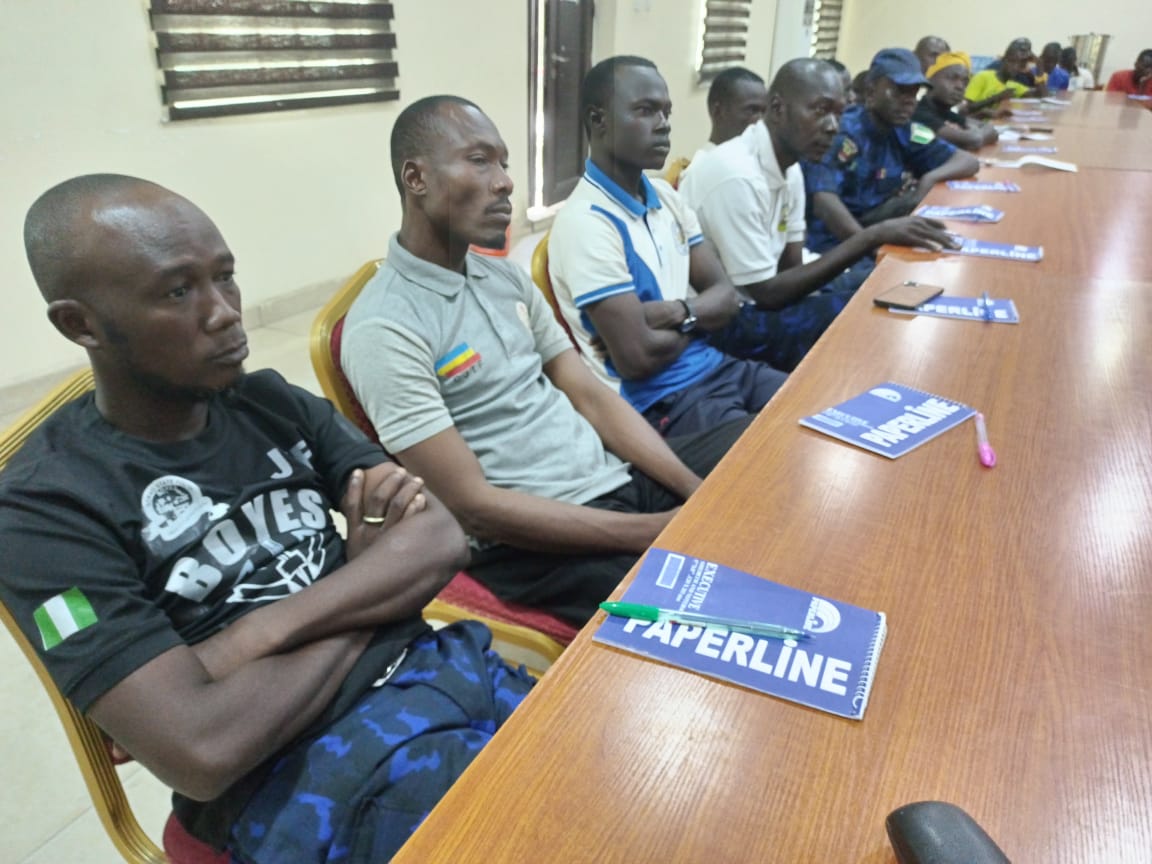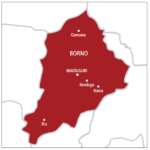The European Union (EU), in collaboration with the British Council, has commenced skills acquisition and entrepreneurship training to support 350 members of the Civilian Joint Task Force (CJTF) on self-reliance in Borno State.
The Project Manager British Council, Mr Emmanuel Iyaji, stated this at the commencement of a 2-day skills acquisition and entrepreneurship support training for the CJTF members in Maiduguri, Borno capital on Wednesday.
- PDP Crisis: Wike ignores BoT chairman’s resignation, says Ayu must go
- PDP decries harassment of members by CJTF in Borno
He noted that the C JTF is an integral part of counter-insurgency operations against Boko Haram insurgents in Borno state.
He stressed that the CJTF members were trained in electrical installation, carpentry and cabinet making, fashion design and tailoring, welding technology, leather and shoe making, hairdressing, confectioneries making as well as perfume, liquid soap, room fresheners and disinfectant.
“With the gradual restoration of security heralding the resettlement of returnee communities, fears emerged that the CJTF members, who abandoned their various trades to join the military against the insurgents, may become a menace to the society if they are not given livelihood skills and psychosocial reintegration training.
“In our view, we have selected 350 CJTF members and trained for 3 months on various skills, so before they are given the start-up pack, we want them to understand the retirement of businesses and what they must do to grow in their choosing business.
“After this training, we are going to support them with tools and finance to set up their businesses and various skills acquisition schemes they have learnt,” he said.
Emmanuel explained that the project was funded by the EU with the British Council and Managing Conflict in Northeast (MCN) and the training conducted by the Here Development Initiative.
The leading consultant for the training, Hassana Mohammed, said a total of 350 trainees which comprises 96 females and 254 males participated in the projects, saying the training and empowerment by the EU would alleviate the concerns of the public, particularly on how to sustain them as people return to their community.
One of the participants, Ya’ Gana Modu, thanked the organisers for the training, saying it is timely and she has learnt many things which would help her to be financially disciplined while calling on donor agencies to support the CJTF because state governments can’t do it alone.

 Join Daily Trust WhatsApp Community For Quick Access To News and Happenings Around You.
Join Daily Trust WhatsApp Community For Quick Access To News and Happenings Around You.


